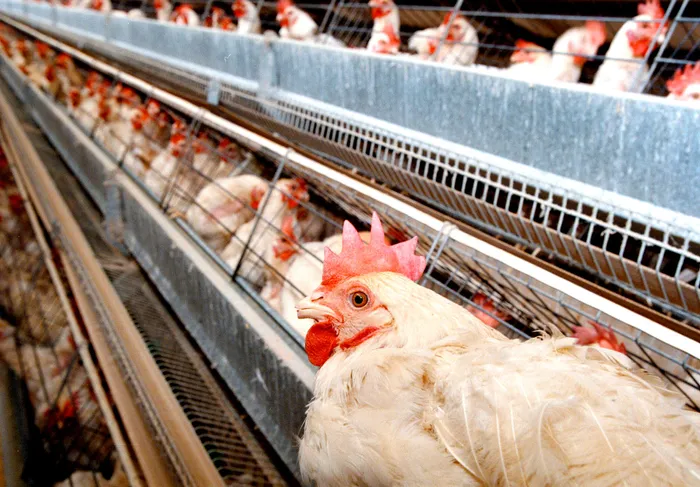
Authorities urge poultry farmers and the public to take precautions as a new bird flu outbreak affects both domestic and wild birds in the Western Cape.
Image: FILE
The Western Cape Department of Agriculture (WCDoA) has confirmed a new outbreak of high pathogenicity avian influenza (HPAI), or “bird flu”, in the province, urging poultry farmers and the public to take urgent precautions.
The department said the latest case was detected in farmed ducks near Paarl in early July, with associated chickens “humanely culled voluntarily to prevent further spread.”
Recent outbreaks have also been confirmed in chickens in North West and Mpumalanga provinces.
In addition to poultry infections, HPAI has been responsible for mortalities in Great White Pelicans near Malmesbury and Hartlaub’s Gulls in the Cape Town area, the first wild bird cases reported in the Western Cape since April 2024 and the first mass mortalities since 2022.
Avian influenza is a viral disease that primarily affects birds and can cause neurological symptoms such as twitching or seizures.
“Infected wild birds may appear unusually tame, lose their fear of humans, or exhibit neurological signs,” the WCDoA said.
The virus spreads via the droppings and bodily fluids of infected birds, through direct contact or contaminated materials.
Although overseas cases have shown that some mammals and a small number of humans can contract the virus after close contact with infected birds, there is “currently no evidence of human-to-human transmission”.
“While the risk of human infection is low, contact with sick and dead birds should be avoided. Do not touch or transport sick or dead wild birds without appropriate protective clothing and rather report to the responsible local authority,” the department said.
The WCDoA assured consumers that poultry products from grocery stores are safe for consumption but stressed that avian influenza is a controlled disease under the Animal Diseases Act, 35 of 1984.
All suspected poultry outbreaks must be reported to the local State Veterinarian immediately.
The public is also urged to report unusual numbers of sick or dead wild birds.
“This would be approximately three or more for seabirds, but fewer for solitary species like birds of prey,” the department said.
For poultry farmers, the department advised strict biosecurity measures, including restricting farm access to anyone who has had contact with poultry in the past 48 hours, keeping flocks away from wild birds, and disinfecting vehicles and footwear when entering or leaving poultry houses.
“Together, through vigilance and cooperation, we can help prevent the further spread of avian influenza and protect our birds, our poultry industry and communities,” the department said.
Cape Times
Related Topics: